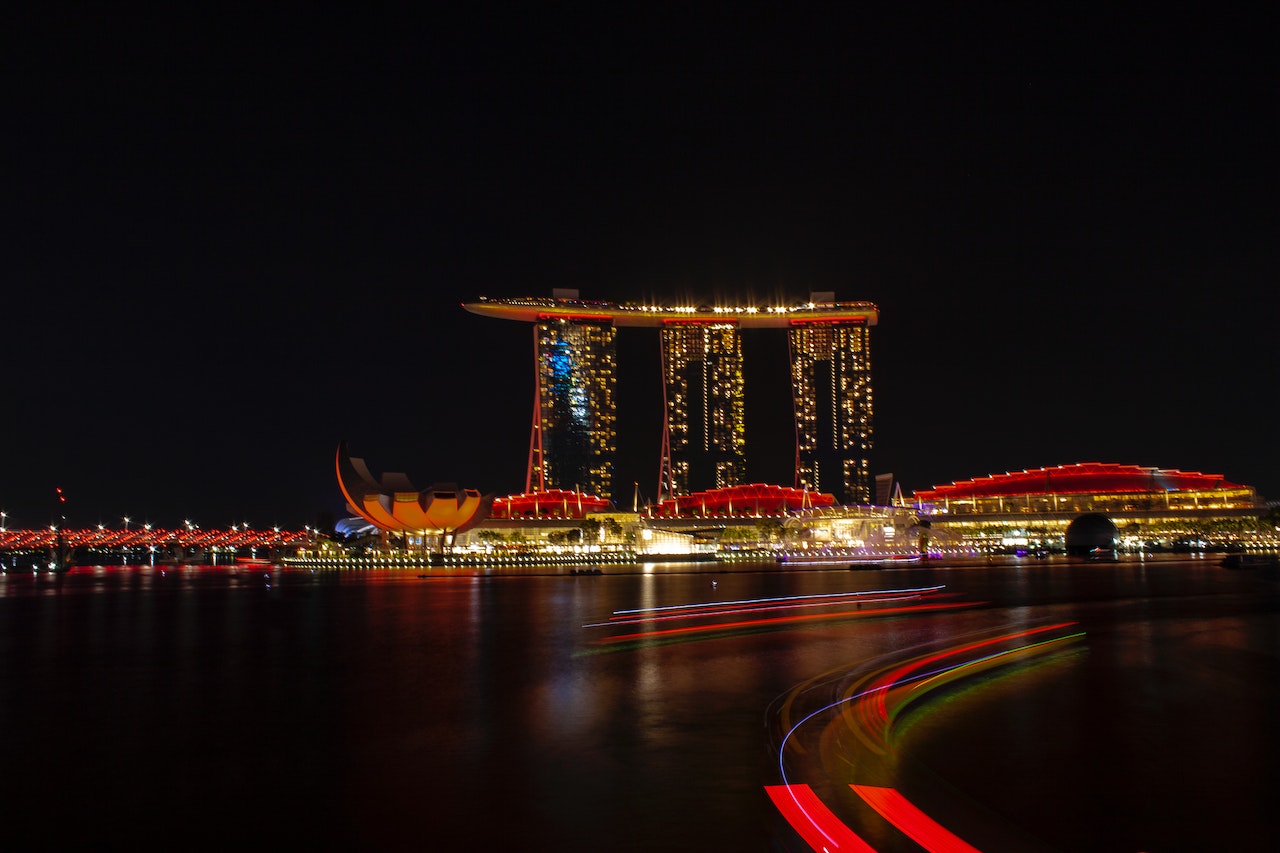Singapore, renowned for its technological advancements, also presents a captivating blend of diverse cultures. The city-state's richness in religious heritage, epitomized by the plethora of temples and festivals, invites both locals and tourists to experience the amalgamation of traditions and beliefs. This blog post guides you through the famous temples and festivals of Singapore, aiding you in planning your visit to coincide with the best times of the year.
Singapore's Celebrated Temples
Sri Mariamman Temple
Nestled in the heart of Chinatown, Sri Mariamman Temple is Singapore's oldest Hindu temple, dating back to 1827. With its vibrant and intricate Dravidian-style architecture, the temple is dedicated to the Goddess Mariamman, revered for her powers to cure illnesses. The best time to visit is during the annual 'Theemithi' (Fire Walking Festival) around October or November, where devotees walk barefoot over hot coals in an act of faith and devotion.
Buddha Tooth Relic Temple
This imposing structure in Chinatown houses what is believed to be the left canine tooth of the Buddha. The temple architecture reflects the Tang Dynasty's style, embodying Singapore's significant Buddhist culture. The temple is particularly bustling during Vesak Day in May, a festival commemorating the birth, enlightenment, and death of Buddha.
Thian Hock Keng Temple
This is one of the oldest and most important Hokkien temples in Singapore, dedicated to the Chinese sea goddess Mazu. Visitors will be enthralled by the temple's Southern Chinese architectural style, featuring intricate carvings and sculptures. The temple is a must-visit during the Chinese New Year, which usually falls in January or February.
Signature Festivals of Singapore
Thaipusam
This significant Hindu festival dedicated to Lord Murugan is a spectacle of devotion and endurance. Participants carry 'kavadis', elaborate structures attached to their bodies, and walk in a procession from Sri Srinivasa Perumal Temple to Sri Thendayuthapani Temple. This event usually takes place between January and February.
Hungry Ghost Festival
Believed to be when the gates of the underworld open, the Hungry Ghost Festival witnesses offerings of food and 'hell money' to pacify roaming spirits. Visit during the seventh lunar month (usually August) to experience live performances, auctions, and the burning of joss sticks and paper effigies.
Mid-Autumn Festival
Held on the 15th day of the 8th lunar month (usually mid-September to early October), this Chinese festival is celebrated with mooncakes, lantern displays, and dragon dances. Visit the Chinese Garden or Chinatown to experience the festival at its most vibrant.
Deepavali
This Hindu Festival of Lights brightens up the streets of Little India in October or November with dazzling light displays. Visitors can indulge in shopping and enjoy the traditional Indian cuisine, music, and dance performances.
Singapore's vivid cultural tapestry, evident in its temples and festivals, invites you to immerse yourself in a sensory experience of sights, sounds, and tastes. The diverse expressions of faith and celebrations provide a fantastic opportunity to understand and appreciate the multicultural facets of Singapore. Regardless of the time of your visit, you'll find a corner of this city-state reveling in some form of cultural festivity. However, planning your visit around these temple festivals can provide a richer, more profound experience of Singapore's cultural heritage.
